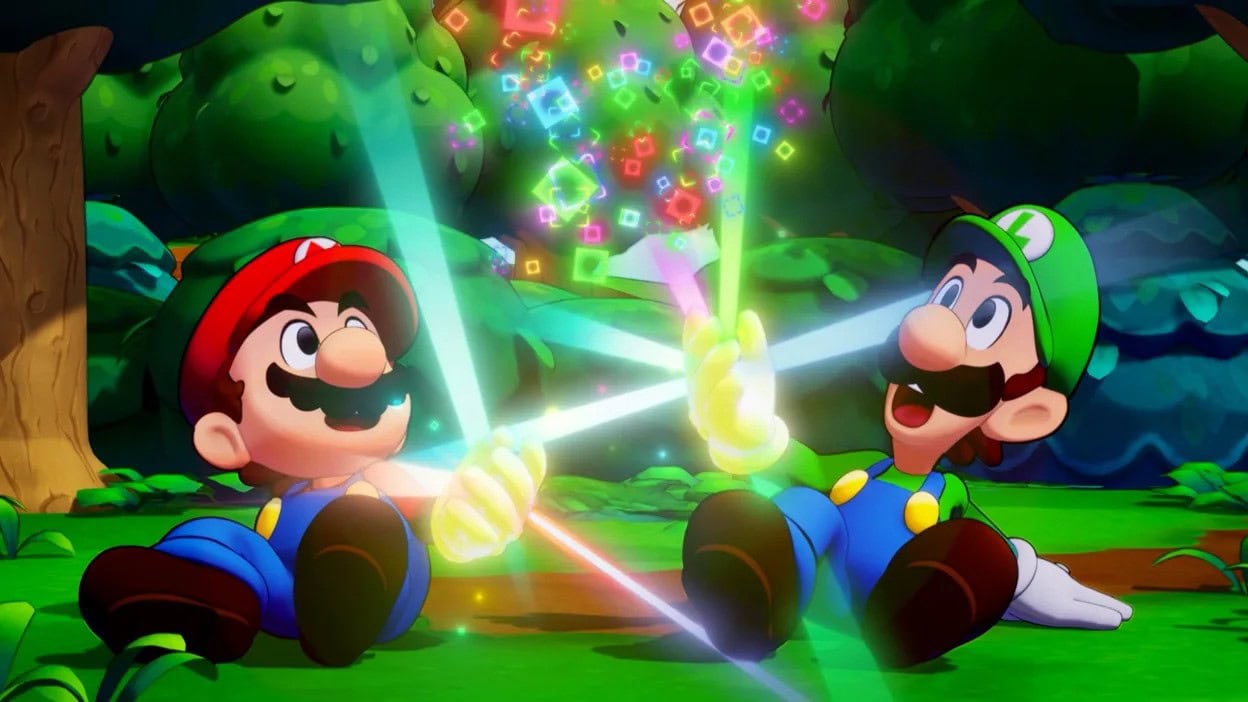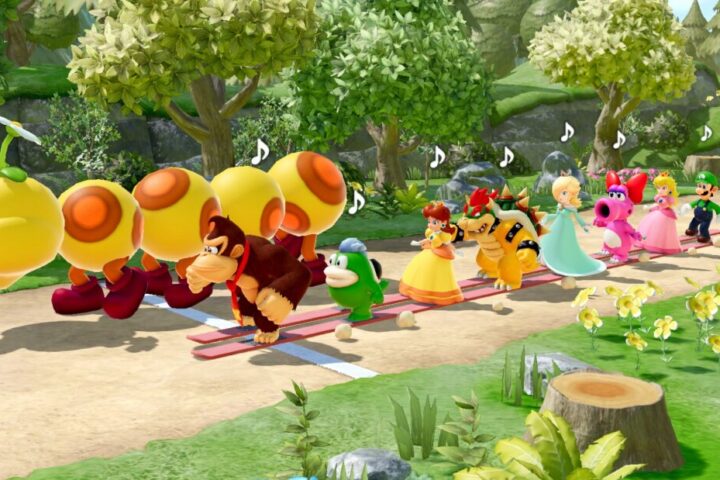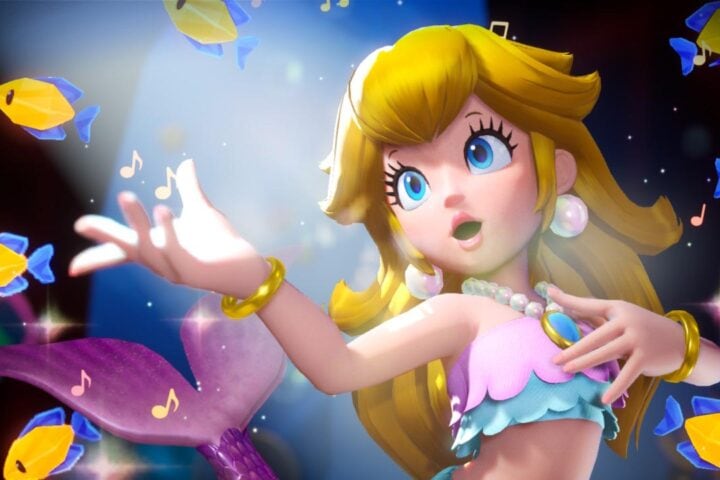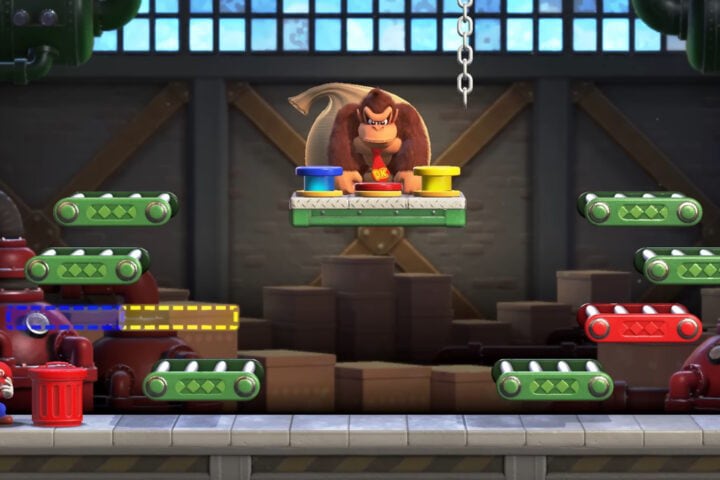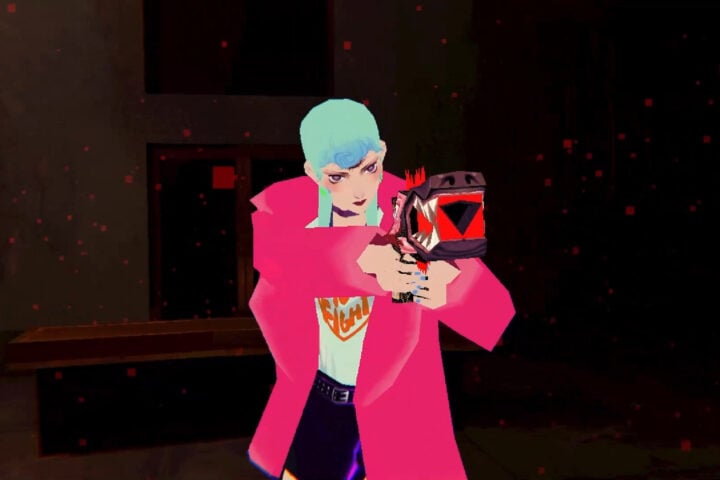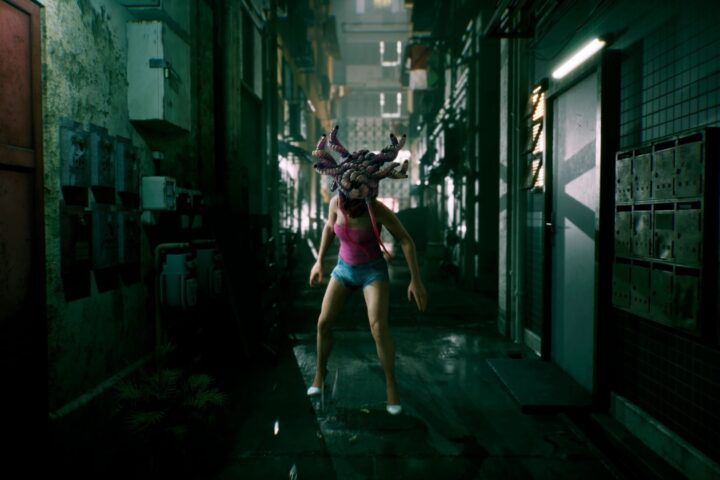There are some real bright spots in Mario & Luigi: Brothership, which is the first game in the Mario & Luigi series to be developed by Acquire. The combat, which requires timed button presses to land attacks or dodges, is a nice continuation of what the series has done before. The main innovation are the combos, which involve using both Mario and Luigi (each bound to different face buttons) to deal maximum damage, as the brother plumbers jump and flip and toss each other into the air. The eco-conscious, connection-building message is admirable enough, if a tad underdeveloped. But considering the expectations that come with being a Mario role-playing game, Brothership is largely a disappointment.
The world of Concordia, the new kingdom where the game takes place, is broadly lacking in personality or flair. The different islands, which are Brothership’s version of stages, are colorful enough, but their visual themes aren’t particularly striking or memorable, and there’s little in the way of mechanical variation from one to another. The people who inhabit these islands—mostly characters with power outlets for faces—are similarly difficult to distinguish from each other visually, and few if any have a personality that stands out from the crowd.
These islands aren’t places you’ll be dying to revisit, though the game clearly wants you to backtrack, almost immediately, in search of secrets. Unsurprisingly, this process is mostly tedious, and the extra currency and XP you find aren’t particularly enticing rewards.
In general, the game has far too much cruft. Unlike, say, Super Mario RPG, in which not a moment is wasted, Brothership seems to constantly throw arbitrary obstacles in front of you. Aside from all the backtracking (which only gets more egregious as the game wears on), you’re slowed down by dialogue that often repeats itself and almost always carries on too long. The sheer number of times you’re approached by characters who yank you into conversations where they tell you something completely banal (think something along the lines of “Wow, you’re so brave. Thanks for saving the world!”) becomes very frustrating very quickly.
Brotherhood’s puzzles are largely fine as a change of pace. But they’re almost not worth noting, except insofar as they give the game another opportunity to slow things down. In many cases, this is because players get even more unavoidable dialogue, usually in the form of hints from NPCs that often just make the solutions to the puzzles far too obvious.
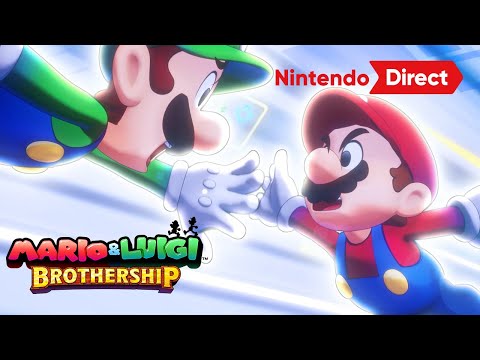
There’s also the matter of Luigi’s ideas, which are a mechanic by which you can essentially press one button in order to make the green brother do something on his own, away from Mario. This can be a nice touch at times, except that every time Luigi has an idea, an unskippable cutscene plays that’s too long and loses any charm after about the second time you see it.
The Mario RPGs writ large—from the Paper Mario series to the Mario & Luigi series and all the way back to Super Mario RPG—have, on balance, some of the best comedic writing in the genre. Brothership sadly doesn’t live up to those lofty standards. The game might conceivably be funny to a fairly young child (there’s plenty of yelling, and Luigi falls down an awful lot), but the best games in this series have always had humor that could resonate with people of any age.
There is one notable exception to this (and this may count to some as a spoiler): At the start, Mario and Luigi become separated via a strange portal to Concordia, and Mario is, effectively, haunted by Luigi. As Mario wanders around his new surroundings for the first time, he’ll often hear his brother calling out in spectral form, often just out of view and always out of reach.
This sequence is surprising, creative, and, most importantly, unambiguously hilarious. And someone on the Acquire development team clearly knew that they were on to something with it, as the game heroically stretches the joke out for about 10 minutes. It’s a shame, then, that the bit doesn’t last even longer. Certainly that would have given Brotherhood a chance to say something interesting about, well, brothership. It would’ve been funnier too.
This game was reviewed with a code provided by Golin.
Since 2001, we've brought you uncompromising, candid takes on the world of film, music, television, video games, theater, and more. Independently owned and operated publications like Slant have been hit hard in recent years, but we’re committed to keeping our content free and accessible—meaning no paywalls or fees.
If you like what we do, please consider subscribing to our Patreon or making a donation.

